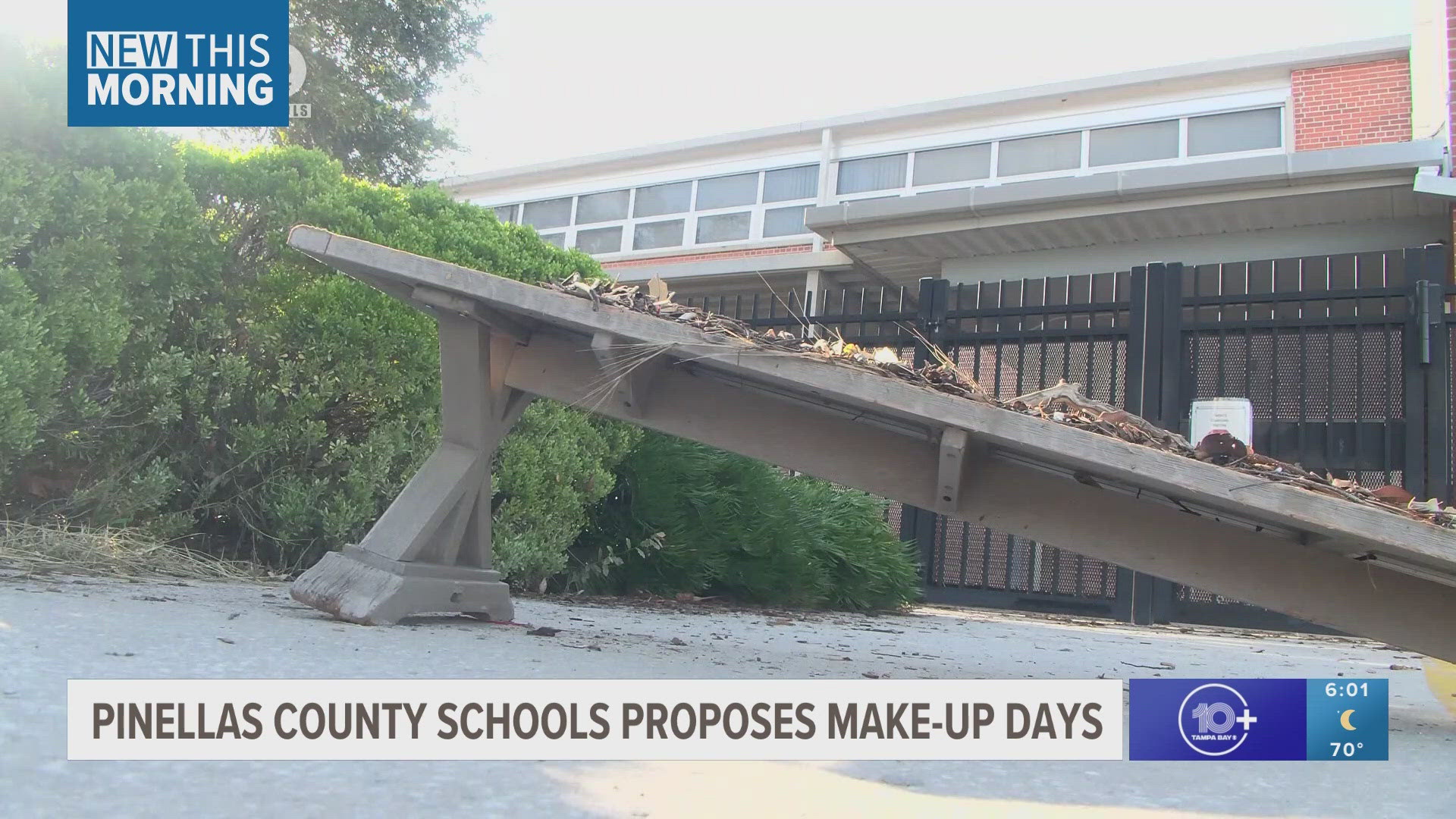TAMPA, Fla. — Florida ranked No. 1 in education for the second year in a row and No. 1 in higher education for the eighth year in a row, according to U.S. News & World Report.
With all of the controversial policies being passed in the state, this might be hard for some to believe. We broke down how U.S. News & World Report created the rankings and the policies that make education a contentious topic in the Sunshine State.
Explanation of the metrics
U.S. News & World Report used 10 metrics:
- 2-year-college graduation rate
- 4-year-college graduation rate
- Education attainment
- Debt at graduation
- Tuition and frees
- College readiness
- High school graduation rate
- NAEP math scores
- NAEP reading scores
- Preschool enrollment
The states were ranked individually on each metric. For example, tuition and fees were one metric in which Florida placed No. 1. The state also did well regarding the graduation rates for 2- and 4-year colleges, placing No. 2 in both categories.
In the rankings for the top national universities, the University of Florida came in at No. 28 while Florida State University came in at No. 53. For rankings with just the public schools, UF ranks No. 6, FSU is No. 23 and the University of South Florida is No. 45.
Those rankings were determined by a variety of factors including graduation rates and how much debt students come out with. Affordability is a big factor that was likely a heavy contributor to the rankings.
“The best thing about this is that we have the most affordable higher education in the entire United States,” Gov. Ron DeSantis said at a press conference Wednesday.
UF was ranked the most affordable college in the country, FSU was second and USF was fourth, according to a study by Research.com.
Controversial education legislation
The most notable piece of legislation is the so-called “Don’t Say Gay” law that DeSantis signed into law in 2022. The law came with intense scrutiny, and ultimately a settlement was reached that clarified what’s legal under the law.
The Florida Board of Education sent out instructions to school districts saying state law doesn’t prohibit discussing LGBTQ+ people. But, the law still limits the instruction of gender identity or sexuality in schools.
After the law went into effect, the Florida Board of Education released new additions to their professional conduct guidelines for teachers, saying they risk losing their teaching license if they refer to students by preferred names or pronouns. Teachers can also face penalties if they use bathrooms that don’t match the sex they were assigned at birth.
Book bans are a hot topic since state law allows parents and residents to object to books and have them reviewed and potentially removed from schools. DeSantis recently signed a law limiting the amount of book objections made by people who don’t have a child attending the school and using the materials.
Aside from some of the controversial laws, Florida also ranked second to last for teacher pay, according to a report by the National Education Association. The national average public school teacher salary for 2022-23 was $69,544 with the Sunshine State salary was at least $10,000 less.
How is Florida #1 when there is so much controversy regarding education?
The education metrics tend to focus on aspects of affordability, accessibility and achievement and DeSantis’ controversial legislation might not be reflected in those areas.
U.S. News & World Report said the data can lag behind more recent developments, and policy shifts can take a longer time to play out.



